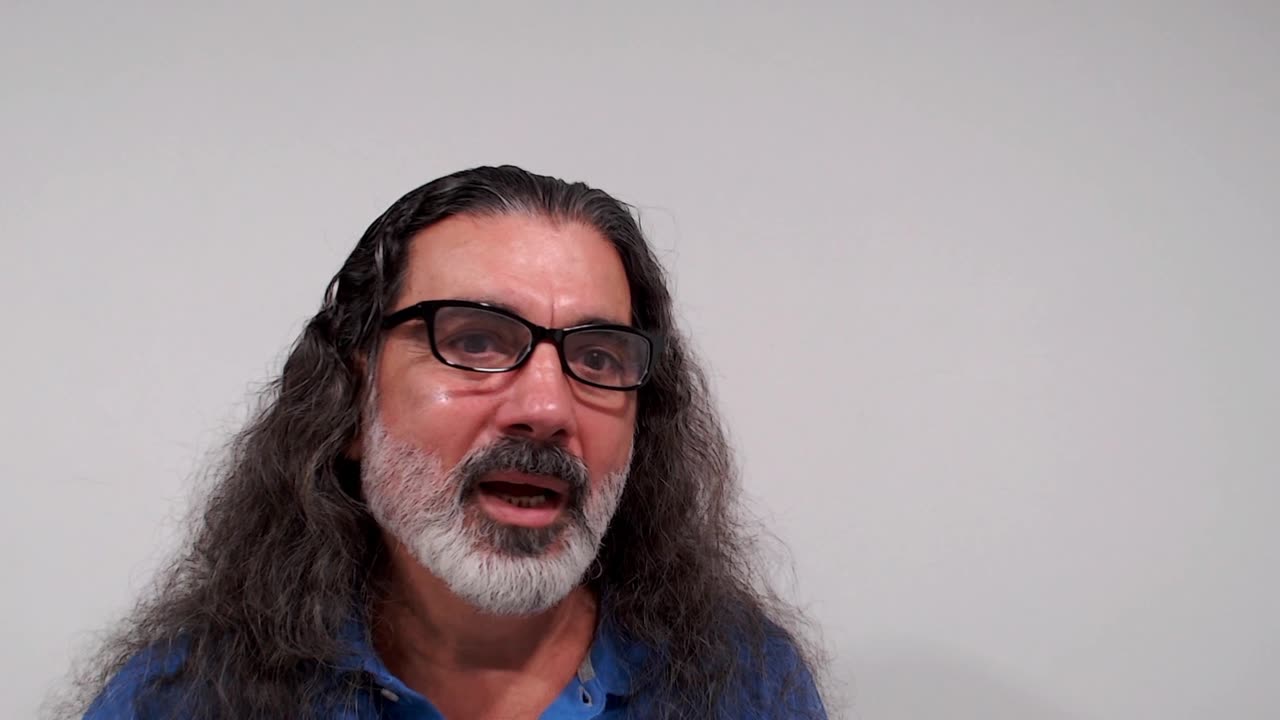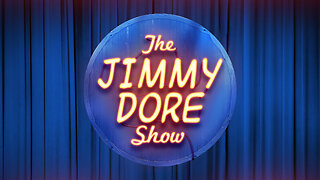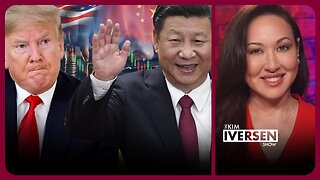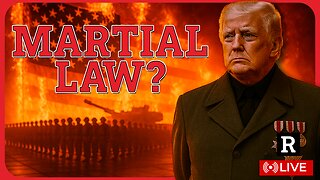Premium Only Content

Shooting From The Hip - 25 - Leadership, Politics, Transparency, Democracy
Leadership -the ability of an individual or a group of people to influence & guide followers or members of an organization, society or team -traits of quality leadership: Strategic thinking, Delegation, Communication, Integrity, Empathy, Flexibility, Enthusiasm
Politics Ancient Greek (politiká) 'affairs of the cities' -is the set of activities that are associated with making decisions in groups, or other forms of power relations among individuals
Moralism & realism- Some perspectives on politics view it empirically as an exercise of power, while others see it as a social function -Realists, In contrast represented by those such as Niccolo Machiavelli, Thomas Hobbes & Harold Lasswell, politics is based on the use of power, irrespective of the ends being pursued
Irish political scientist Michael Laver, noted: Politics is about the characteristic blend of conflict & co-operation that can be found so often in human interactions. Pure conflict is war. Pure co-operation is true love. Politics is a mixture of both.
Niccolò di Bernardo dei Machiavelli - (1469-1527) was an Italian diplomat, author, philosopher & historian who lived during the Renaissance - best known for his political treatise The Prince, written around 1513 published until 1532, 5 years after his death. He has often been called the father of modern political philosophy & political science.
For many years he served as a senior official in the Florentine Republic with responsibilities in diplomatic & military affairs.
He claimed that his experience & reading of history showed him that politics have always been played with deception, treachery, & crime. He also notably said that a ruler who is establishing a kingdom or a republic & is criticized for his deeds, including violence, should be excused when the intention & the result are beneficial to him.
Ultimate In 'Subjectivity', Selfish, self interested world view. Some consider it to be a straightforward description of political reality - examples of behaviors in Machiavellianism may include: Theft (tangible or intangible) - Lying/Deceit - Sabotage - Cheating (passive or active)
Machiavelli was born in a tumultuous era - Italian city-states & the families & individuals who ran them could rise & fall suddenly, as popes & the kings of France, Spain, & the Holy Roman Empire waged acquisitive wars for regional influence & control -1502/1503, he witnessed the brutal reality of the state-building methods of Cesare Borgia (1475–1507) & his father, Pope Alexander VI, trying to bring a large part of Central Italy under their possession - pretext of defending Church interests was used as a partial justification
Borgia Family, Spanish, descendants of a noble line, originally from Valencia, Spain, established roots in Italy & became prominent in ecclesiastical (relating to Christian Church, clergy) & political affairs in the 1400s & 1500s - house of the Borgias produced 2 popes & many other political & church leaders
Pope Alexander VI, formerly known as Rodrigo Borgia. It is said that his daughter Lucrezia & son Cesare were implicit
False Flag - operation where an act committed with the intent of disguising the actual source of responsibility & pinning blame on another party - term "false flag" originated in the 16th century as an expression meaning an intentional misrepresentation of someone's allegiance
Gulf of Tonkin incident Vietnam - was an international confrontation that led to the United States engaging more directly in the Vietnam War - a confrontation on August 2, 1964, when United States forces were carrying out covert operations close to North Vietnamese territorial waters & North Vietnamese forces responded - United States government falsely claimed that a 2nd incident occurred on August 4, 1964 - blamed North Vietnam for the confrontation - investigation revealed that the 2nd attack never happened
Transparency(political) -promotes accountability & provides information for citizens about what their Government is doing - is used as a means of holding public officials accountable
Representative democracy-indirect democracy, is a type of democracy where elected people represent a group of people
Direct democracy or pure democracy -a form of democracy in which the electorate decides on policy initiatives without elected representatives as proxies - Direct democracy - is based the idea that the people can govern themselves
Semi-direct democracies - in which representatives administer day-to-day governance, but the citizens remain the sovereign
Modern-era citizen-lawmaking occurs in - Switzerland from the 13th century. In 1847 the Swiss added the "statute referendum" to their national constitution. They soon discovered that merely having the power to veto Parliament's laws was not enough. In 1891 they added the "constitutional amendment initiative". Swiss politics since 1891 have given the world a valuable experience-base with the national-level constitutional amendment initiative
-
 LIVE
LIVE
The Jimmy Dore Show
1 hour agoBill Maher CHARMED by Donald Trump! Speaking English Now a HATE CRIME in Britain! w/ Viva Frei
7,597 watching -
 LIVE
LIVE
Joe Pags
1 hour agoThe Joe Pags Show 4-14-25
1,152 watching -
 LIVE
LIVE
Sarah Westall
1 hour agoGlobal Agenda: Starve Small Business of Funds w/ Bruce De Torres
145 watching -
 LIVE
LIVE
2 MIKES LIVE
4 hours ago2 MIKES LIVE #205 with guest Nick Adams!
132 watching -
 LIVE
LIVE
LFA TV
7 hours agoThe Bread of Life | TRUMPET DAILY 4.14.25 7PM
165 watching -
 37:52
37:52
Kimberly Guilfoyle
2 hours agoThe Trump Effect, Plus More Scandals for Leticia James, Live with Roger Stone | Ep213
20.5K10 -
 1:13:45
1:13:45
Kim Iversen
2 hours agoWe're LOSING The Tariff War With China, How Our Elites Sold Us Out | Oct 7th Rape COVERUP
45.5K51 -
 1:23:13
1:23:13
Redacted News
3 hours agoTrump declaring MARTIAL LAW on April 20th according to fearmonger liberals, they want civil war
111K111 -
 2:21:58
2:21:58
vivafrei
10 hours agoEp. 259: Shapiro Home FIREBOMBED! Pavlovski Goes NUCLEAR on Dorsey Over AI! Elections Canada & MORE
96.1K50 -

The Amber May Show
3 hours agoFinally, The Truth Comes Out In The News About What We Have Known For A While| Sam Anthony
5.59K1